The benefits of tapping for anxiety
The benefits of tapping for anxiety
Tapping is an increasingly popular method for tackling anxiety – if you’re not sure what tapping is, or how to do it, we’ve done the research and asked an expert for you.
What is tapping?
Tapping, also known as Emotional Freedom Techniques (EFT), is a anxiety-busting technique and mind-body therapy that combines the traditional Chinese medicine (TCM) practice of acupuncture, with a self-help approach to modern psychology.
It’s all about tapping specific points on your body to help ease tension and anxiety – here’s how to do it:
Reiki practitioner Erica Venables offers tapping services to clients dealing with anxiety and stress. She describes these challenges as, “A mindset, perspective or thought patterns that takes us away from the present moment,” and she believes that tapping is, “A functional and easy tool to ground yourself back into awareness and help aid in the release of those thoughts and emotions.
“Think of it like psychological acupressure: using a series of sequences and tapping pressure on different parts of the body to help create balance in the energy of our bodies.”
How to start tapping for anxiety
First, set the scene by finding a quiet spot, away from the chaos of daily life. Then take a deep breath and get ready to relieve the anxiety.
Focus on identifying the source of your anxiety – this could be work, family, or something else that’s got you feeling a bit wobbly.
Recommended tapping routines for anxiety
One method is to start with the ‘karate chop point’ on the edge of your hand (where you’d throw a karate chop) and tap lightly and firmly on your eyebrow, the side of your eye, under your eye, under your nose, and then on your chin, your collarbone, under your arm, and on top of your head.
While tapping in this way try to be honest and open with yourself and say out loud what’s stressing you out, for example, “I’m really stressed about that job application/interview/deadline.”
When you’re done, sit back and take a breather before moving on with your day.
How to know if tapping for anxiety works
The simplest way is to rate your distress before tapping by scoring your anxiety from 0 to 10, with zero being totally chill and 10 being high anxiety. Repeat this after one round of tapping and then again in the following days after each round.
Keep tapping and saying your concerns out loud, trying new techniques until you find one that feels right and your distress levels start to drop.
The benefits of tapping for anxiety
Tapping releases tension by getting you to focus on your issues and then tap them out, giving your body a chance to release pent-up stress and anxiety. It creates a kind-body connection, helping you connect and break the cycle of anxiety by promoting a sense of calm – and there are no side effects, it’s natural and safe.
You can tap at your own pace and tackle the specific issues that matter most to you and it’s great because it’s easy to do and doesn’t take up too much time, so it’s a great anxiety-busting tool to have in your anxiety tool kit.
Erica has found that tapping is particularly beneficial for people with anxiety, saying “The great thing about tapping is that it is essentially a physical expression of meditation. Something that someone with anxiety often finds very difficult to do.
“The distraction of following a sequence and focusing on the actual physical sensation of tapping, allows your mind to rest from the thoughts that threaten to take over.”
You can also tap almost anywhere you need to, you just need a space where you can focus on it.
When to start tapping for anxiety
Erica advises tapping, “before you feel the anxiety starting to creep in, so that when it does happen you have an idea of what to do. It’s a grounding practice at the tip of your fingers that’s yours to use whenever you need it.”
So, tapping can be a great way to deal with anxiety. Give it a go and see if it works for you so that anxiety doesn’t stand a chance as you tap your way to peace of mind.
Register now to find out more about how we can provide dedicated job search support and jobseeker programs to help you reach your employment goals.
Post categories
- Employers (20)
- Job seeker tips (172)
- News (56)
- Real stories (144)
- Referral partners (1)







